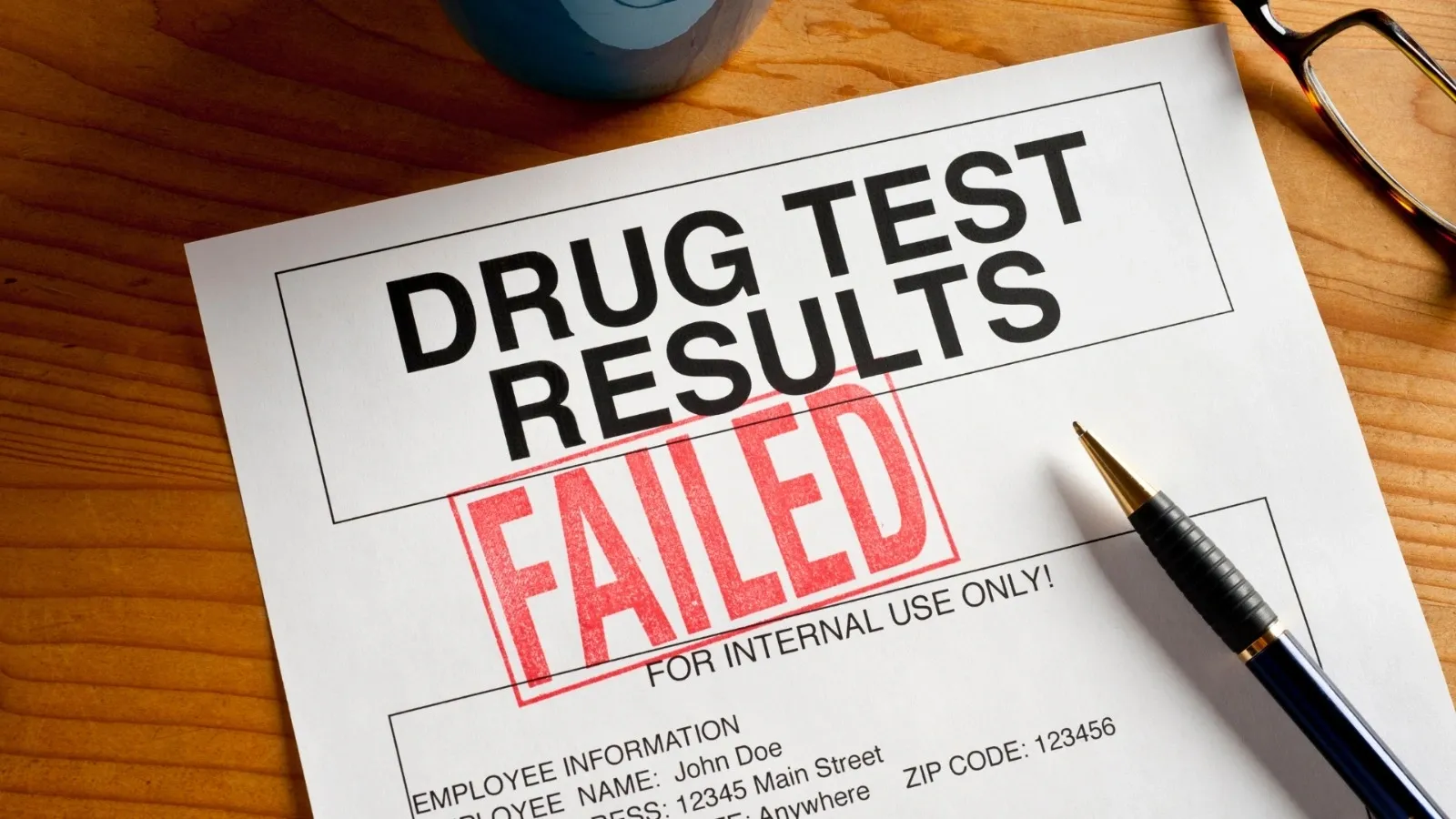For reasons which should be obvious, drugs and alcohol and the construction industry do not mix well.
Most construction companies will have a zero-tolerance approach due to the safety implications.
Yet testing and policies are often flawed. Here, we will explore why this is and give some insights into considerations organisations need to take – particularly during the festive season, and following a potential increase in alcohol and drugs use during the pandemic.
The managing drug and alcohol misuse at work report
The most recent alcohol misuse report from the Chartered Institute of Personnel and Development (CIPD), states that drug and alcohol misuse are considerable issues within society and therefore, also in the workplace.
It also states that the need for employer support is “accentuated during difficult social and economic times”.
It adds: “There is a strong argument for greater preventative action and employer support for drug and alcohol misuse in difficult social and economic times, when people may feel anxious and more vulnerable.”
It concludes that it’s important that employers have preventative and supportive measures in place, in addition to a clear policy on drug and alcohol misuse and any necessary disciplinary procedures.
What is misuse?
When we talk about ‘misuse’, we are referring to drinking alcohol or using drugs in a way that adversely interferes with an individual’s health, work performance or conduct, or that affects the work performance and/or safety of themselves or others.
However, there is a broad spectrum of behaviours and situations that managers may deal with related to drugs or alcohol, from one-off or occasional use outside work (which may impact an employee’s performance or safety at work) to addiction or dependence.
The causes of substance misuse can be complex, and can have extensive consequences on an individual’s life, both inside and outside the workplace.
It’s vital that employers create an environment where people feel able to ask for help – and feel confident that they will be supported to get the help they need when they do.
Employers also need to ensure that job design and the culture of the organisation is not part of the problem.
This could, for example, include frequent client entertaining involving alcohol, long working hours or excessive workloads or pressure.
Why might a zero-tolerance approach be a thing of the past?
An increasing number of conversations are now being had about whether dismissing people if they have a positive test is the right way forward.
The mental health agenda has highlighted that often individuals “self-medicate” – and sacking them, especially after a first ‘incident’ could cause them to end up in an even more vulnerable position.
It should also be a consideration that with so much construction work available at the moment, some people may simply take the risk because they can easily get another job.
If your policy is zero-tolerance it must be absolute, and not something you ignore during the festive season, or if much of the workplace socialising involves being in the pub. This could just send mixed messages to your workforce.
- If your policy states no alcohol on site, but then you provide it, a dismissed worker would have grounds to state that the policy was weak, due to you not following it yourself and having a case for unfair dismissal.
Is drug and alcohol testing the right way forward?
Drug and alcohol testing is commonplace and can be a costly investment. And in our experience, it is not always implemented in the right way, so valuable resources can be wasted. Or too much emphasis is placed on testing instead of education and awareness for the workforce. For example:
- Random testing is not random – it’s when the nurse is on site. Workers who want to avoid testing will learn when they can be selected – and abstain or take something to mask the test.
- The standard drugs test only picks up some drugs and misses legal highs and drugs that are often “cut” with other substances.
Considerations for the industry:
- Consider if zero-tolerance is the right way forward for you. If we really want to change the industry, rehabilitation (and restricting safety critical work) might be a better option.
- Don’t undertake testing without an education programme that focuses on prevention. This can be linked with your mental health programme and helping people to access support.
- Train managers to support employees. The CIPD Guidance for managing drug and alcohol misuse at work is a good resource.
- Think about the drinking culture of your organisation. This impacts employee wellbeing but might also impact an employees’ safety and contradict your ‘zero-tolerance’ approach.
- Use a specialist drug and alcohol testing company rather than your occupational health teams, or use different individuals to test those who provide health support. If your OH teams are trying to build relationships with your staff, it’s best that they don’t conduct these tests.
What solutions can we help with?
We can assist you by writing and or evaluating your policies and providing education programmes for staff and managers.
Drug and alcohol misuse is a societal problem and therefore a workplace problem. The construction industry needs to have strict policies and procedures for the safety reasons, but it should be balanced with creating a supportive work environment that encourages people to seek support. Construction Health & Wellbeing can help you with this.



